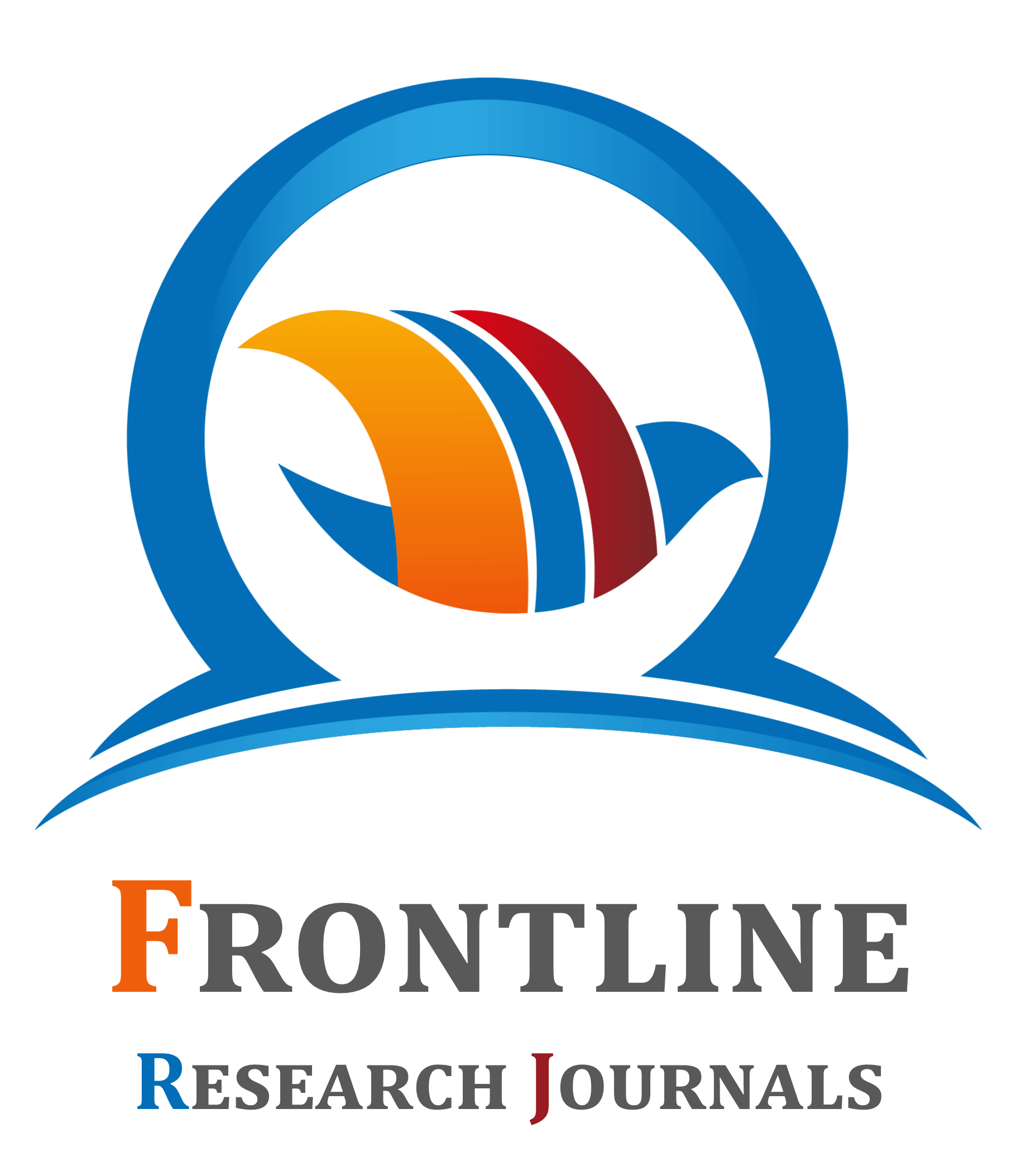A regulatory model for standardizing financial advisory services in Nigeria
1 Imo State Internal Revenue Service, Nigeria.
2 Zenith General Insurance Company Limited, Nigeria.
3 The Velvet Expression, Lagos, Nigeria.
4 Independent Researcher, Lagos, Nigeria.
5 Zenith Bank Nigeria.
Review
International Journal of Frontline Research in Science and Technology, 2022, 01(02), 067–082.
Article DOI: 10.56355/ijfrst.2022.1.2.0057
Publication history:
Received on 15 November 2022; revised on 22 December 2022; accepted on 25 December 2022
Abstract:
The rapid growth of financial advisory services in Nigeria has increased the need for a robust regulatory framework to ensure consistency, transparency, and consumer protection. Currently, the sector lacks standardized guidelines, leading to variations in service quality, conflicting advisory practices, and risks to investors. This paper proposes a regulatory model aimed at standardizing financial advisory services in Nigeria, addressing critical challenges such as the lack of uniform certification requirements, inconsistent service quality, and inadequate consumer protection mechanisms. The proposed model focuses on five key components: regulatory oversight, certification and training, ethical standards, consumer protection, and technology integration. It advocates for the establishment of a dedicated regulatory body or a specialized unit within existing financial regulatory institutions to oversee financial advisory services. A mandatory certification process will ensure that only qualified individuals provide financial advice, while ethical guidelines will promote professionalism and integrity. The model also emphasizes the need for consumer protection through mechanisms like dispute resolution channels and transparency in fees and services. Additionally, the integration of digital tools and technology, such as artificial intelligence (AI) and blockchain, is suggested to enhance compliance monitoring and service delivery. By standardizing the sector, the proposed regulatory model aims to foster investor confidence, ensure the sustainability of the financial advisory industry, and contribute to Nigeria’s broader financial inclusion goals. It also draws insights from international best practices, highlighting how other emerging economies have successfully regulated similar sectors. This paper provides practical recommendations for policymakers and industry stakeholders on the effective implementation of this model, outlining potential challenges and suggesting solutions to ensure widespread adoption.
Keywords:
Financial advisory services; Regulatory framework; Standardization; Consumer protection; Certification; Nigeria; Ethical standards; Technology integration; Financial inclusion; Compliance
Full text article in PDF:
Copyright information:
Copyright © 2022 Author(s) retain the copyright of this article. This article is published under the terms of the Creative Commons Attribution Liscense 4.0
